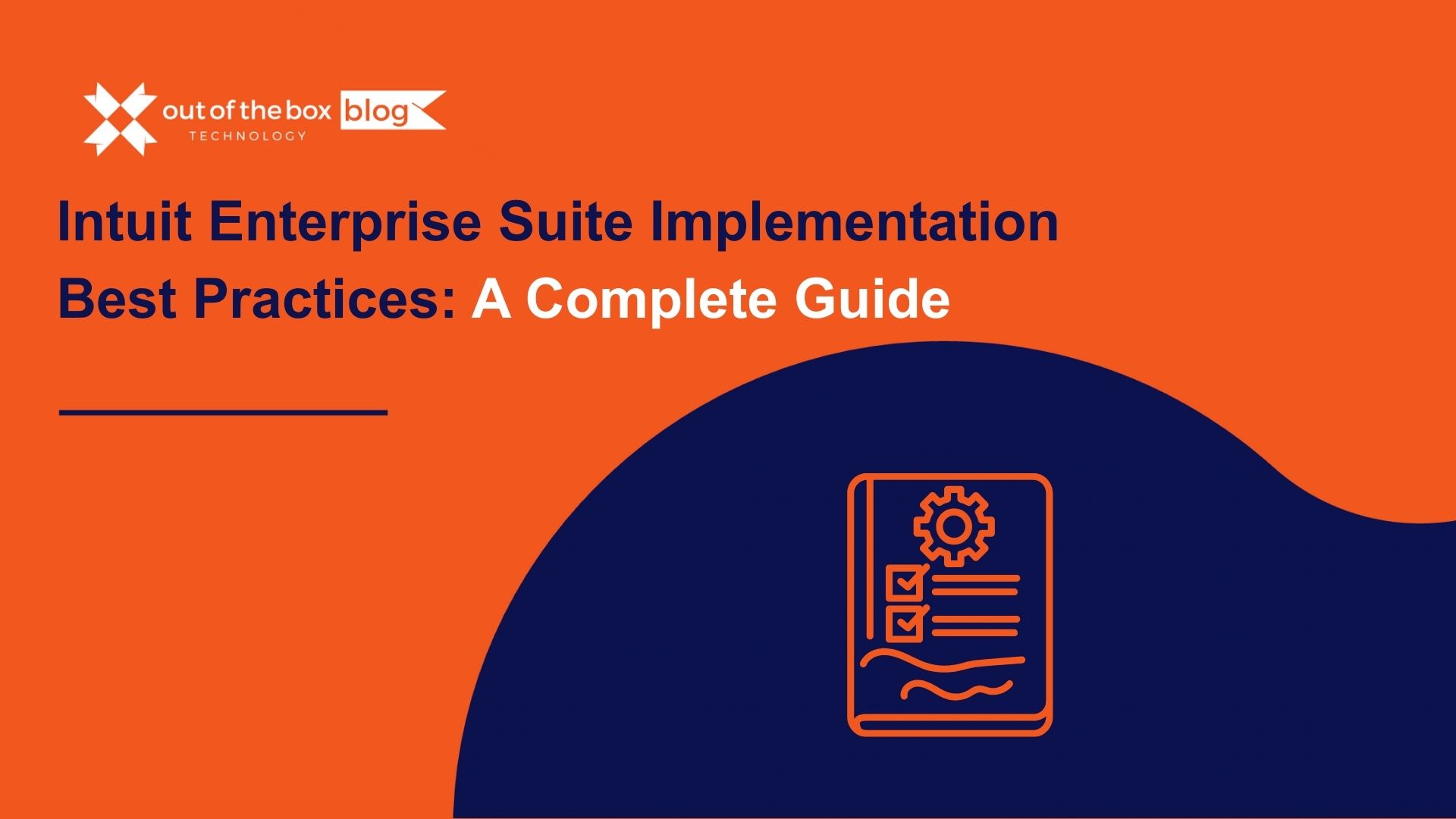Effective tax planning can save businesses substantial amounts of money, streamline financial management, and prevent costly errors. Bookkeeping, the systematic recording of all financial transactions, plays a pivotal role in this process. Not only does accurate bookkeeping ensure compliance, but it also provides valuable insights that facilitate strategic tax planning, enabling businesses to take advantage of tax deductions, credits, and other savings opportunities. In this article, we’ll dive into the essential role of bookkeeping in tax planning, offering data points, examples, and answers to frequently asked questions to illustrate its value.
1. Why Bookkeeping is Essential for Tax Planning
Bookkeeping involves recording every transaction, from sales and expenses to payroll and asset purchases. These records serve as the foundation for tax-related calculations, deductions, and compliance. The IRS requires businesses to maintain accurate financial records for at least three years for audit purposes, making bookkeeping indispensable for tax documentation and planning.
Key Benefits of Bookkeeping for Tax Planning
- Accurate Tax Calculations: Prevents errors that could lead to penalties.
- Enhanced Deduction Tracking: Identifies deductible expenses to reduce taxable income.
- Real-Time Financial Insights: Supports proactive tax strategies.
According to a report by the National Small Business Association, small businesses that maintain clear financial records are 20% less likely to face tax-related complications than those that don’t.
2. Tracking Deductible Expenses
Bookkeeping makes it easy to track deductible expenses, helping businesses reduce their tax burden legally. The IRS offers deductions for various categories, including:
- Office Supplies: Paper, pens, and other day-to-day supplies.
- Business Equipment: Computers, software, machinery, etc.
- Travel Expenses: Transportation, lodging, and meals for business trips.
By meticulously recording these expenses, businesses can maximize deductions. For example, businesses can deduct up to $1,080,000 for qualified equipment purchases under Section 179 in 2023, which greatly reduces taxable income.
Example: A marketing agency that purchased new computers and software, totaling $50,000, can apply the Section 179 deduction to reduce its taxable income by that amount.
3. Managing Cash Flow for Tax Obligations
Cash flow management is crucial, especially when setting aside funds for quarterly tax payments. Poor cash flow can result in late payments, leading to penalties and interest charges. Through diligent bookkeeping, businesses can forecast cash flow and prepare for these tax obligations.
Cash Flow Management Tips for Tax Planning
- Create a Reserve Fund: Set aside funds from each transaction or profit cycle to cover quarterly taxes.
- Track Accounts Receivable and Payable: Ensure invoices are paid on time and expenses are managed.
- Estimate Tax Liabilities: Use previous tax records to anticipate tax payments for the coming year.
Example: A consulting firm with fluctuating revenue uses monthly bookkeeping to set aside 25% of its revenue for tax payments, ensuring it meets quarterly tax deadlines without affecting other expenses.
4. Organizing Payroll Records for Tax Compliance
Payroll records are essential for calculating employment taxes, filing quarterly payroll tax returns, and issuing W-2 forms. Bookkeeping tracks gross wages, withholdings, and employer contributions, enabling accurate and timely payroll tax reporting.
Payroll-Related Tax Deductions
Bookkeeping helps businesses identify payroll-related deductions, such as:
- Employer Contributions to Retirement Plans: These are tax-deductible.
- Health Insurance Premiums: Deductible for businesses offering employee health coverage.
- Employer’s Share of Payroll Taxes: Including Social Security and Medicare taxes.
Example: A small retail store uses bookkeeping to deduct its employer contributions to a 401(k) plan, reducing its taxable income by $10,000 annually.
5. Managing Tax Credits and Incentives
Bookkeeping helps businesses identify and manage various tax credits and incentives, such as the Work Opportunity Tax Credit (WOTC), which offers credits for hiring certain groups. Other credits include the R&D Tax Credit and the Small Business Health Care Tax Credit.
By recording and categorizing these transactions, bookkeeping ensures that a business doesn’t miss out on eligible credits, thereby minimizing its tax liabilities.
Example: A tech startup qualifies for the R&D tax credit by tracking development expenses through diligent bookkeeping, saving $5,000 in taxes.
6. Utilizing Depreciation and Amortization for Tax Relief
Assets like property, machinery, and vehicles lose value over time, which is accounted for through depreciation. This is a non-cash expense that businesses can deduct, lowering taxable income. Bookkeeping helps track asset purchases, categorize them correctly, and calculate depreciation.
Depreciation Methods
- Straight-Line Depreciation: Distributes the cost evenly over the asset’s useful life.
- Accelerated Depreciation: Allows larger deductions in the early years.
Example: A landscaping business uses accelerated depreciation on its new equipment, saving $3,000 in taxes in the first year.
7. Preparing for an IRS Audit
Accurate, organized bookkeeping can greatly reduce the stress and cost of an IRS audit. Proper documentation of all transactions, receipts, and payroll records provides essential evidence for tax filings. Businesses that keep clear records are 70% less likely to face complications during an audit (IRS report).
Tips for Audit-Ready Bookkeeping
- Separate Personal and Business Expenses: Avoid commingling to prevent scrutiny.
- Maintain All Receipts and Invoices: Keep digital or physical copies of every transaction.
- Hire a Bookkeeping Expert: A professional bookkeeper ensures compliance and organization.
FAQs on Bookkeeping and Tax Planning
Q1: Can bookkeeping reduce my business’s tax burden?
A: Yes, accurate bookkeeping tracks deductible expenses, depreciation, and tax credits that can lower taxable income and maximize deductions.
Q2: How often should a business update its books?
A: Ideally, update your books at least monthly. Regular updates provide real-time insights and help avoid last-minute rushes during tax season.
Q3: What records are essential for tax planning?
A: Keep records of income, expenses, payroll, asset purchases, and any deductions or credits applied. Detailed documentation supports accurate filings.
Q4: How can I use bookkeeping for tax forecasting?
A: By analyzing past financial data and tracking ongoing expenses, bookkeeping helps you estimate future tax obligations and prepare accordingly.
Q5: Should I hire a professional bookkeeper?
A: For complex businesses, hiring a professional is recommended. A bookkeeper ensures accurate record-keeping, which is essential for both tax planning and compliance.
Conclusion
Bookkeeping plays a critical role in business tax planning. By maintaining accurate records, businesses can optimize deductions, stay compliant, and manage cash flow efficiently, contributing to financial stability and growth. Whether it’s preparing for an audit, taking advantage of tax credits, or planning cash flow, effective bookkeeping provides the foundation for a successful tax strategy.
CTA: Meet with a QuickBooks Service Expert Today!
Prepare your business for 2025 with expert QuickBooks support! Our team offers tailored integrations and reliable solutions to streamline and optimize your bookkeeping processes. Connect with a QuickBooks expert today to set your business up for success.




